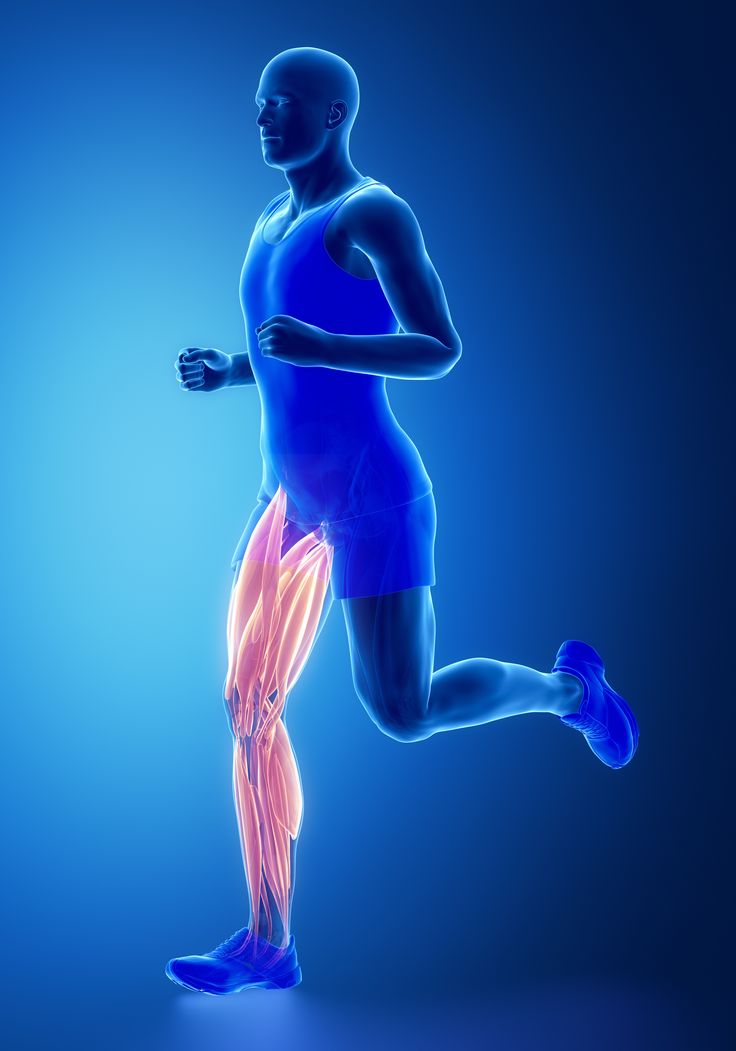Benefits of magnesium: the essential mineral for your health
Magnesium is one of those silent allies that makes a difference in how you feel every day. It participates in hundreds of metabolic reactions, helps the nervous system find calm, supports muscle contraction and relaxation, promotes deeper sleep, and assists your energy metabolism so your day runs smoothly. Simply put: when magnesium is properly balanced, your body functions more efficiently and with less "noise."
Health properties of magnesium
-
It contributes to the normal functioning of the nervous system and to adequate neurotransmission, which is key to regulating the stress response.
-
It participates in the maintenance of muscle function and in protein synthesis, essential for performance, recovery and prevention of cramps.
-
It plays a role in energy metabolism, helping to reduce feelings of fatigue and tiredness when days get complicated.
-
It supports bone health, working together with vitamin D and calcium for a strong structure over time.
-
It promotes cellular repair processes and electrolyte balance, useful during days of high sweating or intense training.
-
It contributes to better sleep quality by promoting neuromuscular relaxation and a gradual "shutdown" at the end of the day.
What are the benefits of magnesium?
When we think about benefits, it's helpful to move from theory to tangible results. Magnesium translates into more restful nights , better-responsive muscles, and a mind with fewer stress spikes.
Many people notice that they sleep more continuously, that the "knot" in their neck loosens, and that their energy is better distributed throughout the day.
It's also a great companion for those who train : it facilitates muscle contraction and relaxation, improves the perception of effort, and helps ensure timely recovery. And, during periods of high mental stress, it supports mood and mental clarity.
Benefits of magnesium in women
In the female body , magnesium maintains a very interesting dialogue with the neuroendocrine system.
During premenstrual tension, for example, it can help modulate sensitivity nervous and muscle spasms that many describe as "pinching" or abdominal cramps.
During the transition to menopause—when sleep becomes lighter and mood fluctuates—magnesium is a simple tool to calm the nervous system , promote shorter sleep latency, and support bone health, which at this stage begins to demand more attention.
For those who train , it adds an extra boost to recovery and helps the muscle respond with less stiffness the next day.
Benefits for men
In men with demanding lifestyles, magnesium supports neuromuscular function and performance in strength and endurance training. Furthermore, magnesium balance is part of the metabolic environment that sustains healthy hormone production : adequate levels are associated with better control of oxidative stress and an environment that helps regulate testosterone within physiological ranges, especially when there is sufficient training and rest.
The practical result is usually a feeling of more stable vigor and fewer mid-day "shutdowns".
Am I deficient in magnesium? Symptoms of magnesium deficiency
The deficit may show itself subtly at first: increased irritability, fragmented sleep, a feeling of "nerve" that is hard to turn off, or fatigue that doesn't match your activity level.
At a muscular level, minor muscle contractions appear, along with a stiffness that just won't go away, especially upon waking. Another classic symptom is cramps—a frequent warning sign when the body needs more—; if this sounds familiar, here's a recommended article on the topic: cramps and magnesium deficiency .
Those who train hard, sweat a lot, or go through periods of continuous stress often need extra attention.
Taking a magnesium supplement: an effective aid
Diet should be the foundation—leafy green vegetables, nuts, legumes—but it's not always enough. This is where a well-chosen magnesium supplement can make all the difference.
Among the various magnesium salts , magnesium bisglycinate has earned its reputation for two reasons: high bioavailability and excellent digestive tolerance. Because it is chelated with glycine, it is generally better tolerated than other forms and facilitates efficient absorption, which is beneficial when the goal is to sleep better, relieve tension, or sustain regular workouts.
How to integrate it?
Consistency matters more than a quick fix. A typical regimen ranges from 200 to 400 mg of elemental magnesium per day, adjusting according to your individual response, diet, and activity level. Many people prefer to take it in the late afternoon or evening to promote relaxation before sleep; those who train early in the morning can split the dose (for example, part in the afternoon and part before bed).
If you are taking antibiotics, certain bisphosphonates, or other medications that interact with minerals, separate the dose by 2–4 hours. If you have kidney disease or other specific medical conditions, consult your doctor beforehand.
A note about expectations: changes are most noticeable after 2–3 weeks of continuous use , provided you maintain a positive environment—a light dinner, limit screen time, stay well-hydrated, and take a gentle walk if you've had a busy day. The supplement helps; your habits do the rest.
"And what does science tell us?"
The prestigious scientific journal Nutrients (June/2020) reviewed the role of magnesium in the nervous system and its impact on sleep quality; BMC Complementary Medicine and Therapies (April/2021) published a meta-analysis with modest improvements in insomnia symptoms in older adults; and Magnesium Research (March/2019) addressed the relationship between magnesium, muscle function and cramps, recalling the importance of mineral status and replenishment in active populations.
These publications reinforce a simple idea: when there is a deficiency or a high demand, recovering good magnesium levels is felt on a daily basis.
Magnesium isn't a shortcut; it's structure. It keeps you calm when your day gets hectic, helps your muscles respond, and reminds your sleep the way back. When you choose the right form—bisglycinate—and integrate it with simple habits, your body responds with less tension and greater availability.
“Health is not a product of chance, but of the design of your days.” — Andrew Weil, integrative physician
Longevitas, Your Vital Complement.


